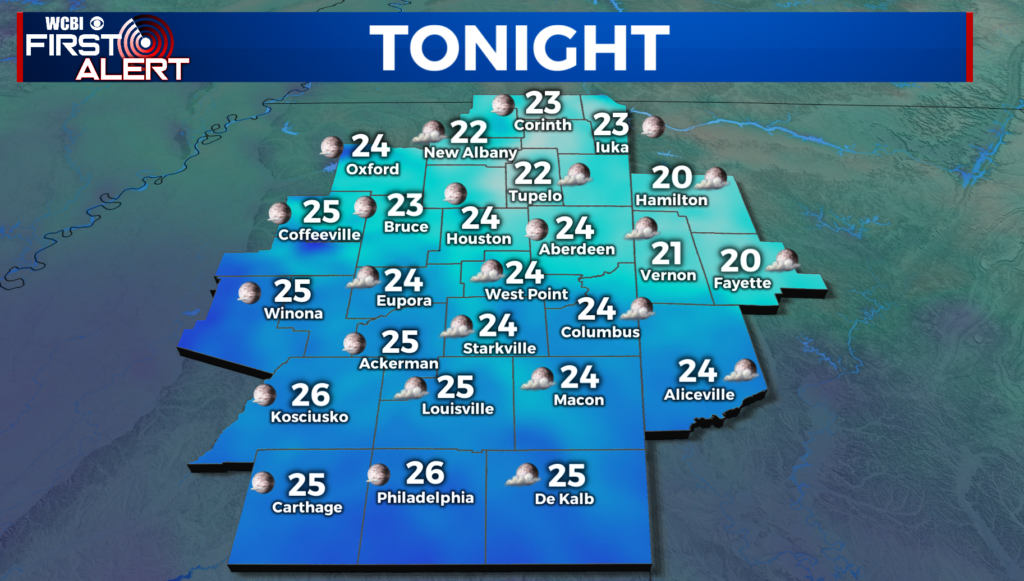Rankin, Lowndes Courts Begin E-Filing
Rankin County Court and Circuit Court began voluntary e-filing May 1, and will implement mandatory e-filing June 1. E-filing implementation in Rankin County will make e-filing available in all state trial courts in all three counties of the Jackson metro area.
Lowndes County Chancery Court began mandatory e-filing May 1 after initiating voluntary e-filing on April 7.
Electronic filing is currently utilized in 25 Mississippi trial courts in 14 counties. E-filing trial courts include the Chancery Courts in DeSoto, Grenada, Holmes, Lauderdale, Lowndes, Montgomery, Webster and Yazoo counties; Chancery and Circuit Courts in Clay county; and all trial courts – Chancery, Circuit and County Courts – in Madison, Harrison, Hinds, Rankin and Warren counties.
The Mississippi Electronic Courts (MEC) program, under the supervision of the Mississippi Supreme Court, is adapted from the electronic filing system used in federal district courts. E-filing allows judges and attorneys to file and view documents 24 hours a day, seven days a week, and makes public access to court records more convenient.
Fourteenth District Chancery Judge Dorothy Colom said that electronic filing and docket management gives her greater records access and helps her with docket management in three counties of the six-county district. Clay and Webster counties began Chancery e-filing last year.
“I’m able now to access the cases from Lowndes County, Webster County and Clay County online, so it doesn’t matter what county I’m in,” Judge Colom said. “I can pull up the pleadings, check process, and see what has been done. I am able to run certain reports. I can know what’s filed. I get a weekly report on motions filed in those three counties. I can keep up with the cases. It’s much better from a management standpoint. I love it.”
Twentieth District Circuit Judge William Chapman III has used e-filing in Madison County Circuit Court since March 2010, and is happy to get the system in the other half of the district, Rankin County.
“I’m pleased to see it implemented because it makes accessibility to the courts easier for the attorneys and easier for the public,” Judge Chapman said. For judges and court staff, “we have 24-hour access to court files.” That makes it easier to work on cases in the evening. “If there is something I’m thinking about and want to be able to deal with right then, it’s right there.”
About 20 trial courts are waiting to get the MEC system.
Supreme Court Chief Justice Bill Waller Jr. said, “At this point we are taking counties into the system as fast as we can and the resources allow.”
About 4,400 attorneys, about two-thirds of the attorneys who practice in Mississippi, are registered to use the MEC system. Seventy of those are out-of-state attorneys who represent Mississippi clients in state trial and appellate courts. Non-attorney use is also increasing. More than 1,700 non-attorneys are registered in MEC.
The MEC program, under the supervision of the Mississippi Supreme Court, is adapted from the electronic filing system used in federal district courts. MEC technology and training are provided free to counties. The only cost to local courts is computer hardware and Internet access.
Most Circuit Courts that use e-filing do so only in civil cases at this time. Clay and Hinds County Circuit Courts provide electronic access to criminal as well as civil cases.
The Mississippi Supreme Court made e-filing mandatory for appellate briefs and motions on Jan. 1, after allowing voluntary e-filing for six months. More than 3,300 appellate motions have been filed electronically since July 1, 2013, said Supreme Court Clerk Kathy Gillis. More e-filing capabilities are expected to be implemented in phases. Eventually, trial court records, including transcripts, will be submitted electronically on appeal.





Leave a Reply